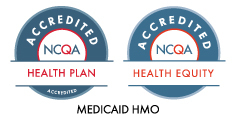Enhanced Care Management (ECM) and Community Supports (CS) are Medi-Cal benefits intended to support members with complex needs. A core component of these services is outreach and engagement conducted by our ECM/CS Providers. ECM/CS staff play a key part in the delivery of these crucial services. Here are some best practices to support and guide providers and ensure Alliance members are respected and receptive to medically appropriate services.
Identifying Eligible Members
Community-based services are intended for the highest risk Alliance members who meet the criteria for at least one population of focus. ECM/CS providers are responsible for engaging with members who have been identified as potential candidates for services. Member eligibility criteria vary, and ECM/CS providers should be familiar with the criteria for each service they offer.
Initial Engagement and Outreach
Providers should engage members in transparent communication focused on building trust and credibility. This includes clearly and accurately stating the provider’s identity, role, affiliation with their employer and the Alliance and purpose of their outreach efforts.
Be Familiar with the Community
Providers should ensure they have knowledge about the communities and member populations being served. These services cover a diverse range of members with multiple conditions and social needs; therefore, staff providers are expected to be well informed and deliberate in their communication with members.
Educating Members of Available Services
Inform members of eligible services in a simple and clear manner that’s easy to understand. ECM and CS are new benefits that many Alliance members may not be aware are available to them. Information shared with the member must be accurate and straightforward, as well as align with Alliance policies and the Department of Health Care Services (DHCS) guidance.
If a member is concerned that you aren’t a real Alliance provider, you can share with them the Provider Directory and that your organization is listed under the ‘ECM and CS Services’ Provider Type.

Then search for your organization’s name and click, ‘Find an ECM/CS Provider.’
Communication and Outreach Methods
DHCS requires that ECM/CS services be primarily conducted through in-person contact. Alternative modalities, such as telehealth, may be used to supplement in-person contact when appropriate, and only when the provider has received notice that telehealth is the member’s preferred contact method. Provider documentation must clearly demonstrate telehealth is the member’s preference and that the member has been that informed in-person contact is an available and appropriate way to receive services.
Be Aware of Potential Scams
As a provider, it’s essential to be aware of potential scams targeting Alliance members. Some individuals may pose as legitimate providers and attempt to obtain personal information or money from members. Remind your staff to always properly identify themselves and never request payment or gift cards for services. If you suspect any fraudulent activity, please report it to the Alliance immediately and encourage members to visit our website to learn more about protecting themselves from scams.



